As kids, people tend to believe all kinds of stories, no matter how far from reality they might be. Be it their parents creating white lies seeking to safeguard them—telling them that the car won’t start unless everyone has their seatbelt on, for instance—or other people making stuff up for one reason or another, it might be a while before they learn that in fact, it was a bunch of… nonsense.
Many examples of information that individuals believed as children, but later realized to be false were shared after the redditor ‘Murky-Razzmatazz-393’ started a discussion on the topic. They asked members of the ‘Ask Reddit’ community what were the things they used to consider to be true, and many took a trip down memory lane. Scroll down to find their answers on the list below and see if you used to believe any of the same tales.
Below you will also find Bored Panda’s interview with Associate Professor at Columbia Business School, author of The Secret Life of Secrets, Michael Slepian, who was kind enough to comment on how white lies can affect people and relationships.
#1
#2
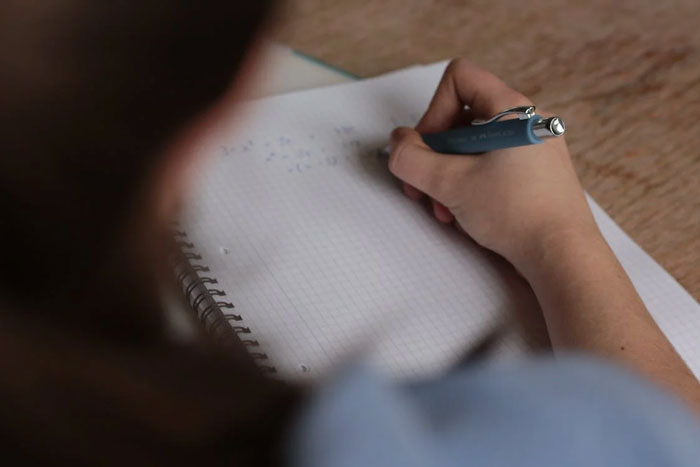
Image credits: SlackPriestess
#3

Image credits: ttampico
“In general, when people tell white lies, they often do so to benefit the other person in some way,” Michael Slepian pointed out, making sense out of why some parents choose to tell white lies to their children.
“Whether it’s getting them to put on their seatbelt, telling them how good their drawing is, or allowing them to hold on to their youth, we often intend to protect children and protect their feelings with these kinds of white lies.”
Surveys suggest that quite a few parents have told white lies to their little ones, with some of the most popular ones—in Britain, at least—being the fact that eating carrots will help them see in the dark, that Santa knows if they’ve been bad or good, and that too much screen time can make one’s eyes square.
#4

Image credits: PetiteBustyMyra
#5
“For adults, the motivation behind the lie really matters,” Slepian continued. “If a person is lying for their own gain—lying for a selfish reason—people tend to evaluate this negatively. But if a person is telling a white lie to benefit someone else—lying for a prosocial reason—then such deception is seen as less wrong, and at times can even be evaluated positively and as showing social grace.”
#6

Image credits: Taters0290
#7
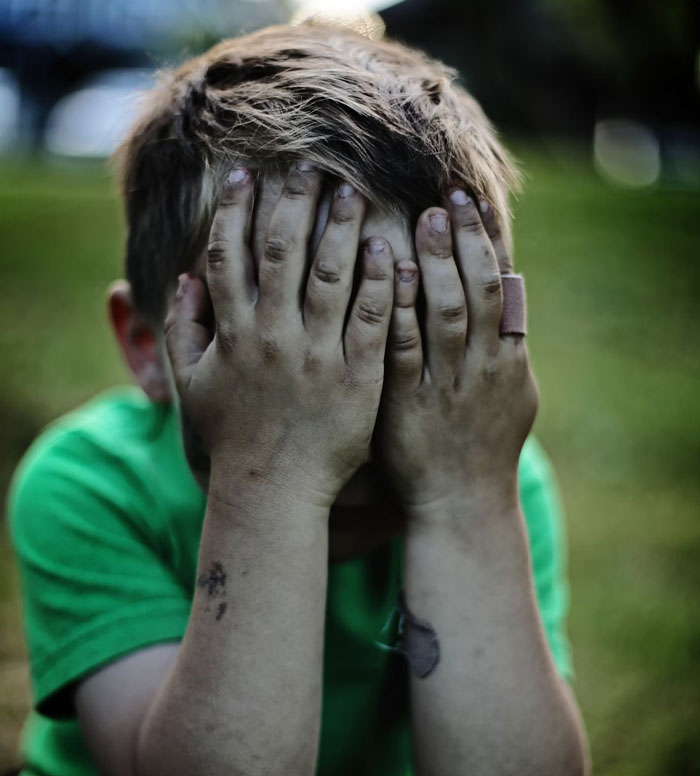
Image credits: porkymandiamondversi
#8
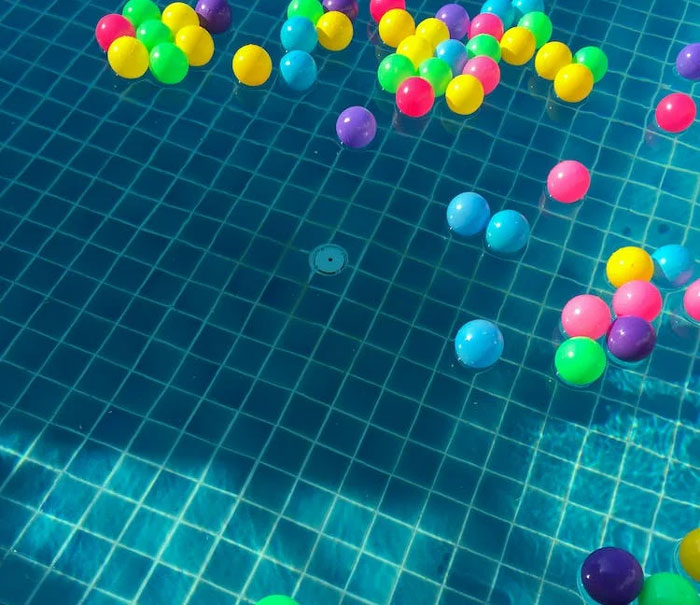
Image credits: so_illogical
Whether it’s white lies or something heavier, learning about a lie can feel like a betrayal, Slepian pointed out. For example, learning that Santa Claus isn’t real can really sting for some time. But, according to him, it’s an unavoidable cost of letting children believe in the magic.
“When parents have good relationships with their children, learning about these prosocial lies should not have any long-lasting harm. But when parents have less healthy relationships with their children, then these deceptions may be evaluated differently. If a lie is seen as selfish or patronizing, learning of the lie will hurt more,” the expert explained.
#9
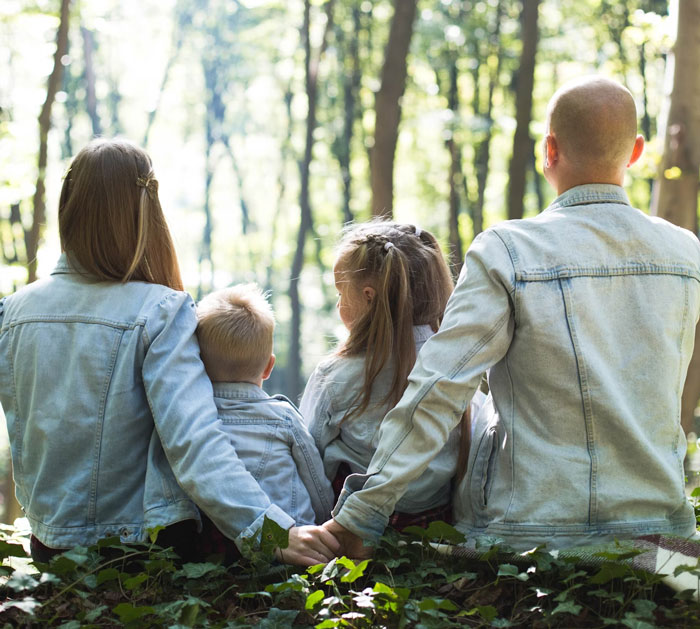
Image credits: DreamyMeats
#10
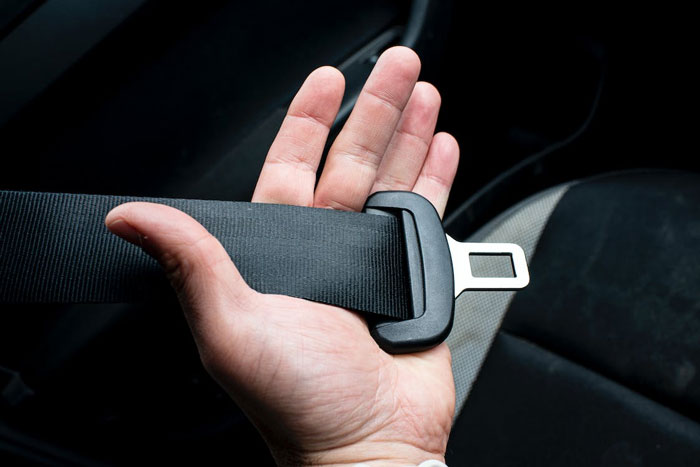
Image credits: Royal_Confidence24
#11
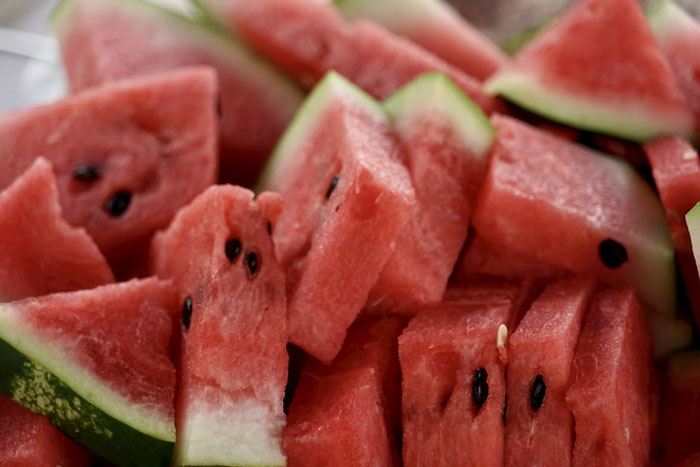
Image credits: ONEofWON
The extent to which a lie might affect the person on the receiving end really depends on the motivation behind telling said lie, Slepian told Bored Panda. “If someone lies to a close friend for selfish reasons, learning about this kind of lie will cause a harm of some kind, one in proportion with the size of the deception. But if the lie serves to protect that other person, that other person should be more understanding.”
#12

Image credits: Far_Meal8674
#13
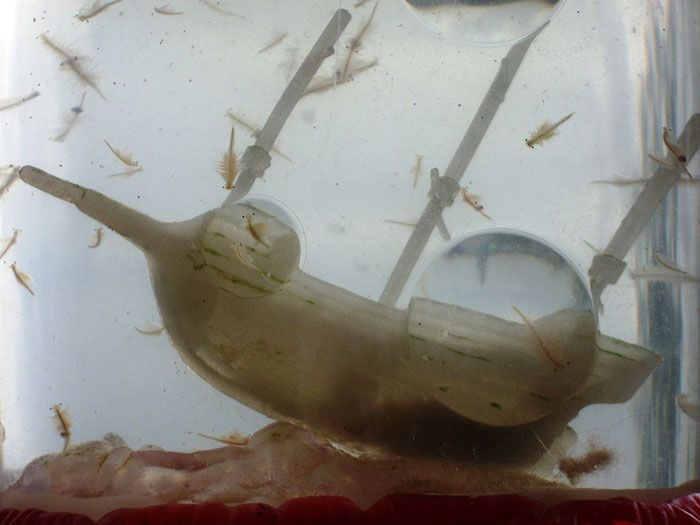
Image credits: cuntofmontecrisco
#14

Image credits: Evo009
#15
#16
#17

Image credits: Combination_Chill
#18
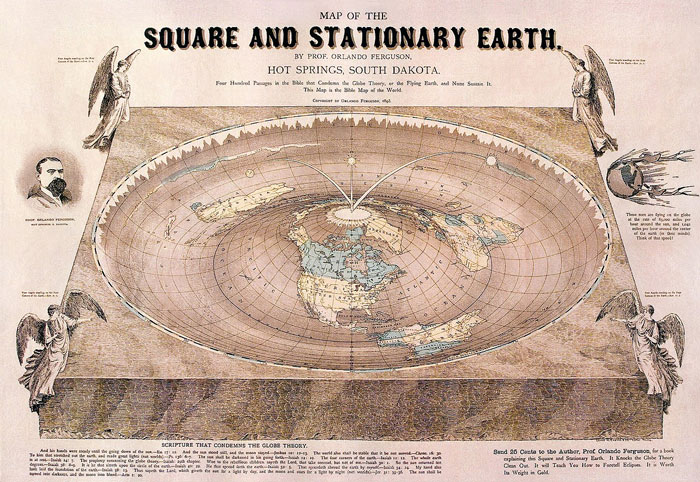
Image credits: LiveFreeDieRepeat
#19
#20

Image credits: ZapRowsdowerlegend
#21

Image credits: bacon_reese
#22
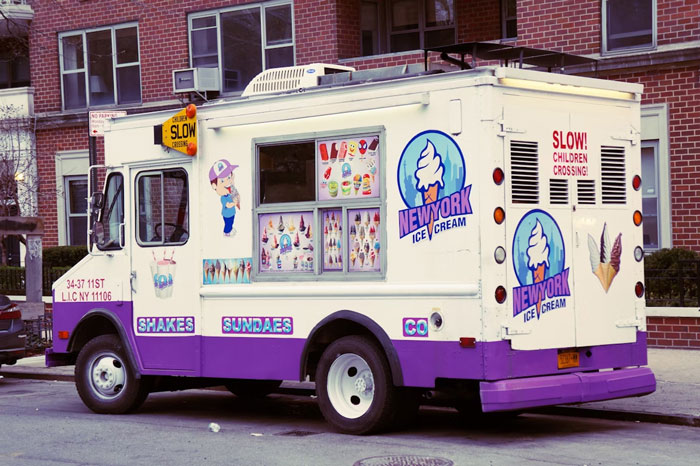
Image credits: Pale_Nobody428
#23
#24

Image credits: ChokeOnMyBigToe
#25

#26

Image credits: flatstacy
#27
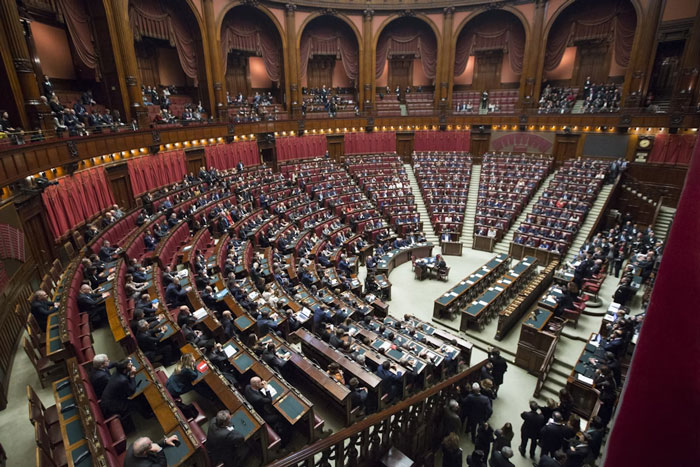
Image credits: Oxfxax
#28

Image credits: nsmith0723
#29

Image credits: Ferociouspenguin718







